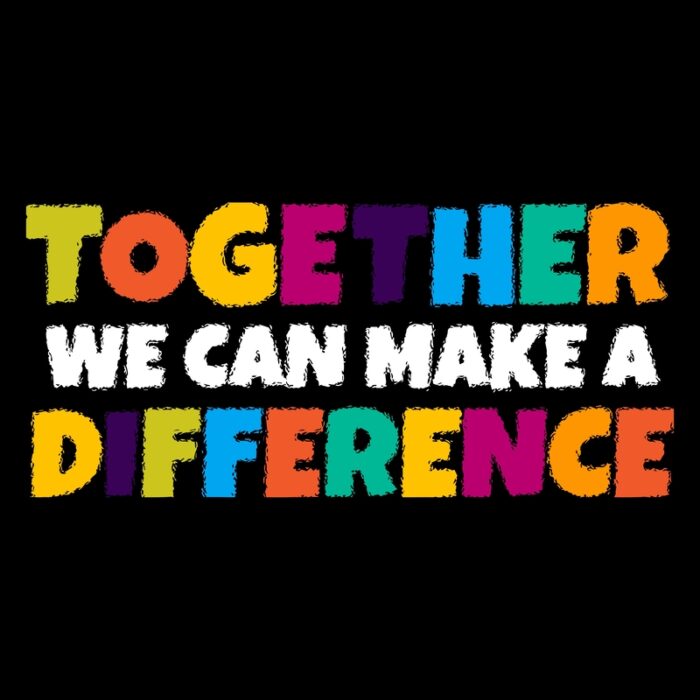Thirty-eight years ago, I traveled by bus from Fort Dix, New Jersey to Fort Devins, Massachusetts. Interstate Ninety-five passes within a short distance of Liberty State Park from which the Statue of Liberty can be seen. I had dreamed of seeing Lady Liberty since I was a boy.
I learned a few fun facts, one being that the statue was not given to the United States by the government of France, but through donations raised by her people. Frederic Bartholdi led the campaign to build and erect the statue that was finally dedicated in 1886. Ten years earlier, Thomas Edison concocted the idea of placing what he called a “disc” in the mouth of the monument, so that the Stature of Liberty could speak. Of course, Edison’s plan never came to fruition. But if it had, I’ve always wondered what she might say. More specifically, how might the icon of liberty define the question, “What is freedom?”
The early church wrestled with this very question. In his letter to the church at Galatia, Paul wrote, “Christ has set us free for freedom. Therefore, stand firm and don’t submit to the bondage of slavery again” (Galatians 5:1, CEB). The Galatians had heard Paul talk about the grace or the unconditional love expressed to us by God through the person we know of as Jesus. Paul had explained that there was nothing any of us could do to earn God’s love. We can only accept it.
Paul also taught that this grace freed us from having to adhere to the legalistic system established by the Jews. But the idea of freedom confused people. Some believed that God’s grace freed them from obeying any laws. But Paul corrected them by saying, “No, no, no, no, no. God hasn’t freed you to sin. God has freed you from being imprisoned by sin. And, by sin, Paul was talking about our human bent toward selfishness.
You see, when you and I are born, we have people tending to our every need. We fuss and we get fed. We cry and our diaper gets changed. We skin our knee and mom comes and kisses it. Our early childhood dependence leads us to believe that the world revolves around us. Yet as Christians, the purpose of growing up is to grow out of our inclination toward egomania.
Freedom then is not an excuse for us to do whatever we want. According to Paul, Jesus has freed us so that we can serve. In a world that seeks to be served, Christian freedom seeks opportunities to serve.
Our founding fathers and mothers themselves addressed the question of freedom. The Declaration of Independence echoes the words:
We hold these truths to be self-evident, that all men are created equal,
that they are endowed by the creator with certain unalienable rights,
that among these are life, liberty, and the pursuit of happiness.
The American psychologist, Abraham Maslow, once said that given we have a Statue of Liberty on the East Coast, we should likewise, have a statue of responsibility on the west coast. In other words, the pursuits of life, liberty, and happiness make us not only responsible for ourselves, but also to each other.
Now, please don’t hear what I’m not saying. I’m not suggesting that we are to take care of one another. What I am saying is that, as Christians, we have been freed by Jesus to care for one another. So, Christian freedom compels me to wear a mask, not so much for my benefit, as it is for yours. Christian freedom urges me to listen to the frustrations of those whose skin is darker than mine because of the disadvantages they face that I don’t have to face. Christian freedom inspires me to sing, “This land is your land, this land is my land, from California to the New York island, from the Redwood forest, to the Gulf stream waters this land was made for you and me.”
There’s a modern-day fable of a man who asked God to show him what heaven and hell are like. God showed the man two doors. Behind the first door was a room with a large round table and a large pot of stew. It smelled delicious and made the man’s mouth water. But the people sitting around the table were thin and sickly. They appeared to be famished. They were holding spoons with very long handles and each found it possible to reach into the pot of stew and take a spoonful, but because the handle was longer than their arms, they could not get the spoons back into their mouths. The man shuddered at the sight of their misery and suffering. So, God said, “You have seen Hell.”
Behind the second door, the room appeared just like the first room. There was the large round table with the large pot of wonderful stew that made the man’s mouth water. The people had the same long-handled spoons, but they were well nourished and plump, laughing and talking. The man said, “I don’t understand.” God replied, “It’s simple, really. The people in hell are greedy and think only of themselves.” Then God smiled as He continued, “Love, however, requires only one skill. The people in heaven have learned to feed one another.”
As Christians, you and I have the freedom through Jesus Christ to choose which of these parfaits we wish to indulge. The portion we select will leave a lasting taste: bitter or sweet. My prayer is you will choose the sweeter serving. Bon appetit!

